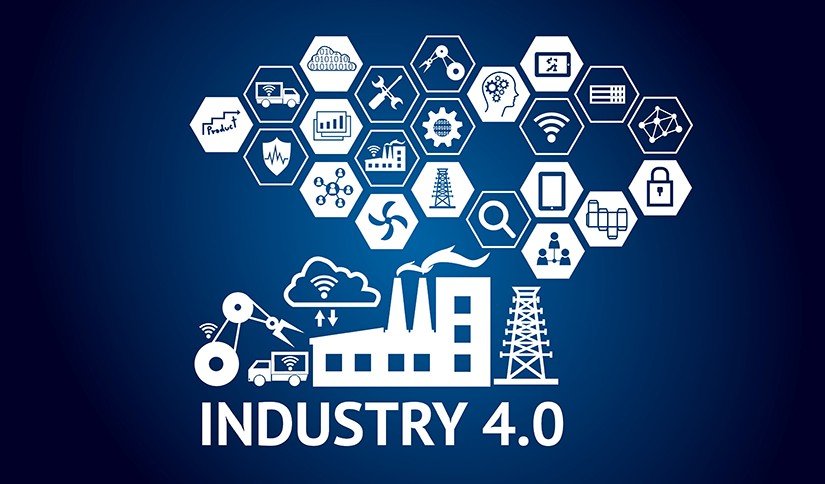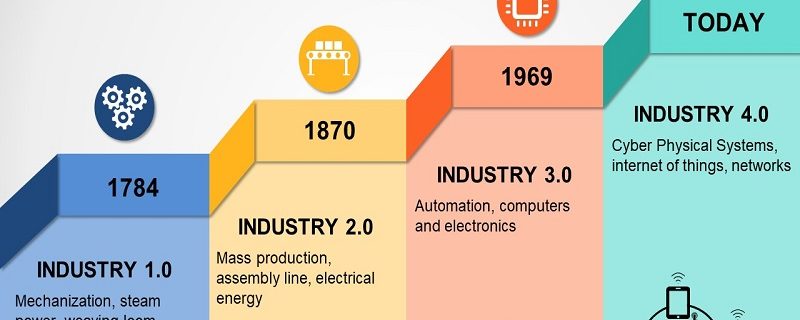The world is currently standing at the threshold of the fourth industrial revolution, commonly referred to as Industry 4.0. This revolutionary phase is characterized by the integration of digital technologies, artificial intelligence, the Internet of Things (IoT), cloud computing, and data analytics, among others, into the industrial sector. It is a transformative period that promises unprecedented opportunities and challenges for industries worldwide. As we navigate this new era, it becomes imperative for industries to assess their readiness to embrace the disruptive changes that come with Industry 4.0. This article delves into the challenges and opportunities that the industry must confront and leverage to thrive in the rapidly evolving digital landscape.
Embracing Industry 4.0 comes with its set of challenges that require careful consideration and strategic planning. One of the primary challenges is the upskilling and reskilling of the existing workforce. With the integration of advanced technologies, the demand for specialized skills such as data analytics, machine learning, and automation expertise is on the rise. This necessitates a comprehensive training and development strategy to equip the workforce with the necessary skills to operate and manage the advanced technologies effectively.
Furthermore, the implementation of cutting-edge technologies brings about concerns related to cybersecurity. As industries become increasingly reliant on interconnected systems and data sharing, the vulnerability to cyber threats amplifies. Securing the digital infrastructure against potential cyber-attacks becomes a critical priority to maintain the integrity and confidentiality of sensitive data.
Another significant challenge lies in the substantial investment required for the adoption of advanced technologies. The integration of IoT devices, smart machinery, and data analytics systems demands a significant financial commitment. For smaller industries or businesses with limited resources, this poses a barrier to entry, potentially hindering their ability to compete effectively in the Industry 4.0 landscape.

Despite the challenges, Industry 4.0 presents a myriad of opportunities for industries that are prepared to embrace the digital transformation. One of the most significant opportunities is the optimization of production processes through automation and data-driven decision-making. Implementing intelligent systems and interconnected machines can enhance operational efficiency, reduce downtime, and improve overall productivity.
Moreover, the utilization of big data analytics enables industries to gain valuable insights into consumer behavior and market trends. By leveraging data analytics, businesses can make informed strategic decisions, develop targeted marketing strategies, and customize products and services to meet the dynamic demands of the market, thereby gaining a competitive edge.
Industry 4.0 also fosters the development of innovative products and services, fostering a culture of continuous innovation. With the integration of advanced technologies, industries can diversify their product offerings, introduce personalized solutions, and create new revenue streams, thereby expanding their market reach and fostering sustainable growth.
In conclusion, the fourth industrial revolution, Industry 4.0, signifies a significant shift in the global industrial landscape. While it brings forth various challenges, it also presents unprecedented opportunities for industries to transform and thrive in the digital age. By addressing the challenges of upskilling the workforce, prioritizing cybersecurity, and making strategic investments, industries can harness the full potential of Industry 4.0 to drive innovation, enhance productivity, and achieve sustainable growth. Embracing this transformation is not merely an option but a necessity for industries to remain competitive and relevant in the ever-evolving global market.

Recent Comments